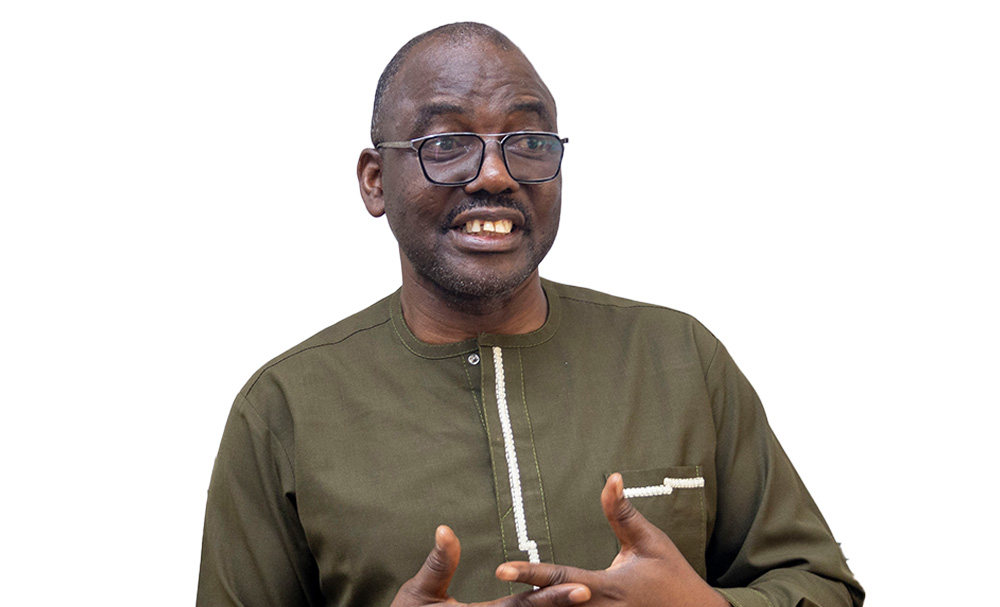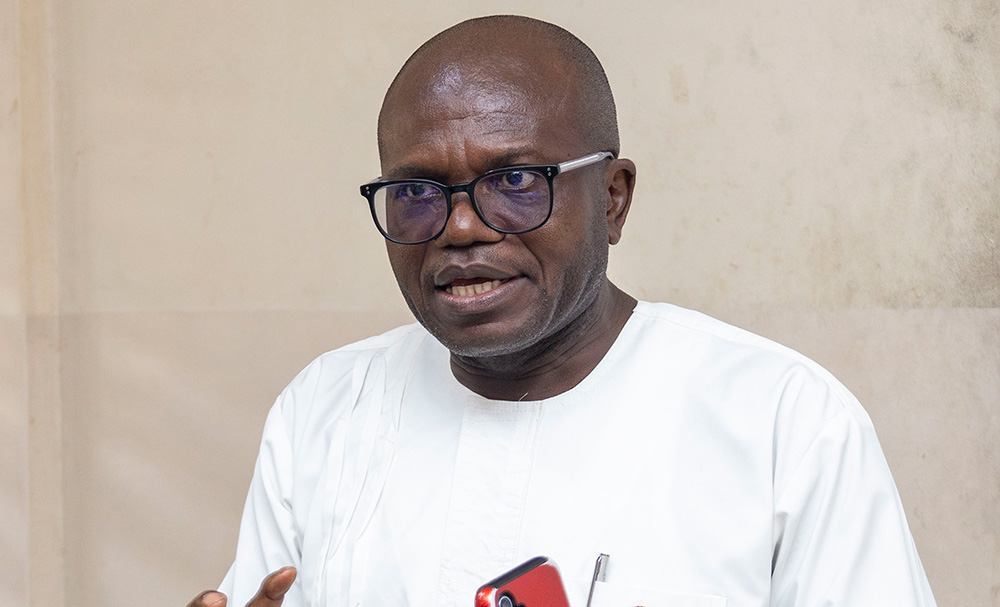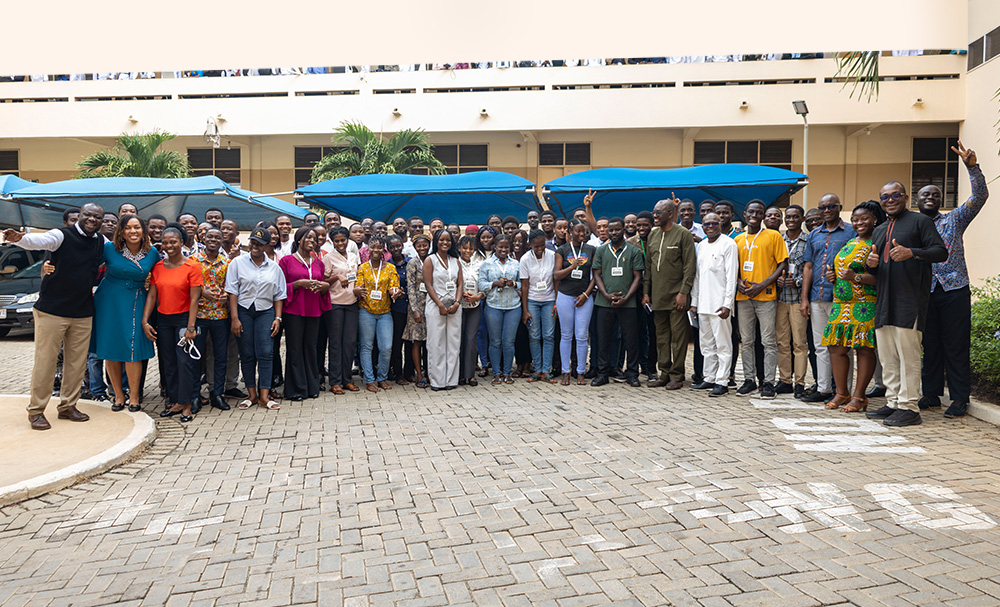The Kwame Nkrumah University of Science and Technology (KNUST) Nutrition and Sustainable Agri-food Collaborative, in partnership with the Mastercard Foundation (Nkabom Collaborative) has launched a 10-day Tertiary Entrepreneurship Training (TET) in Agribusiness.
The programme, organised under the entrepreneurship Pillar of the Project, seeks to equip 80 tertiary students with entrepreneurial skills along the agricultural value chain and to challenge them to reimagine agriculture as a viable business venture beyond traditional farming.

Professor William Otoo Ellis, Principal Investigator for the Nkabom Collaborative, emphasised the urgency of creating opportunities for graduates in a stagnant job market.
“As a nation, one-third of our population is the youth. Yet, the economy is not expanding enough to absorb the growing numbers of graduates. The question is, do we want to add to this number, or do we want to take advantage of opportunities in the agrifood sector?” he asked.
He also challenged students to embrace entrepreneurship with creativity and confidence.
“Opportunities are always being created. I believe you can run with the ideas that you will be exposed to here,” encouraging these students to explore opportunities in marketing, technology, processing, and sustainability within the sector.

Professor Wilberforce Owusu-Ansah, Pillar Lead for Entrepreneurship, described the training as one of the flagship initiatives of the Nkabom Collaborative aimed at nurturing students to become owners rather than job seekers.
“We are equipping these passionate young people with business and management skills so they begin to see agriculture as a business. It is not just about farming, but about the entire value chain, from marketing products to applying technology and reducing post-harvest losses,” he said.
He further highlighted sustainability and problem-solving as key elements of the programme.
“The seed they are planting in these students today could grow into enterprises that feed societies and sustain livelihoods. We are giving them the opportunity to dream, to be daring, and to lead the change needed within the agrifood ecosystem,” he stated.

















